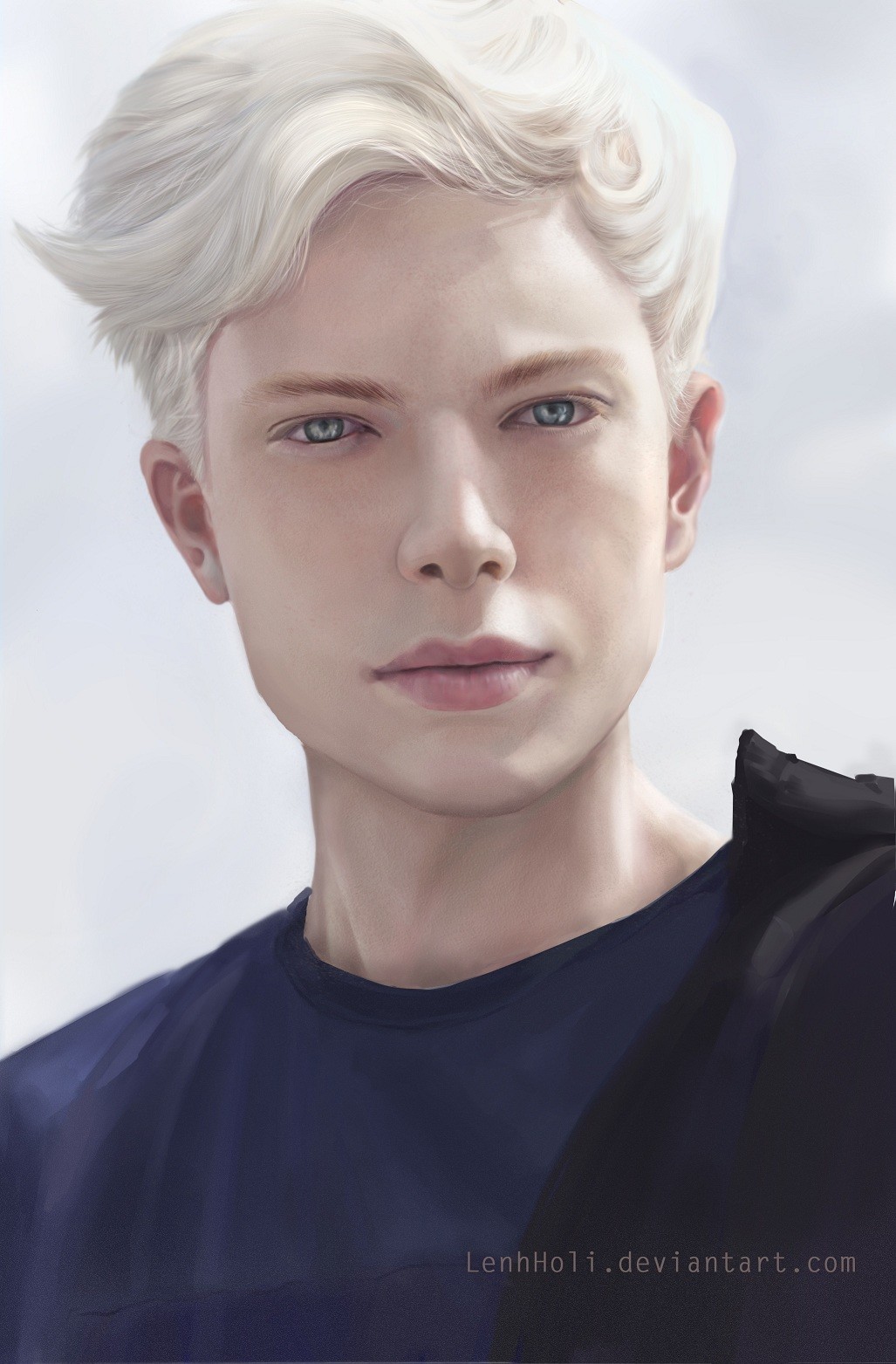
Bringing together philosophy, science and cultural history, Spare Parts explores how transplant surgery constantly tested the boundaries between human, animal, and machine, and continues to do so today. Paul Craddock takes us on a journey - from sixteenth-century skin grafting to contemporary stem cell transplants - uncovering stories of operations performed by unexpected people in unexpected places. But transplant surgery is as ancient as the pyramids, with a history more surprising than we might expect. We think of transplant surgery as one of the medical wonders of the modern world. Why did eighteenth-century dentists buy the live teeth of poor children?Īnd what role did a sausage skin and an enamel bath play in making kidney transplants a reality? How did an architect help pioneer blood transfusion in the 1660's? Paul Craddock's Spare Parts offers an original look at the history of medicine itself through the rich, compelling, and delightfully macabre story of transplant surgery from ancient times to the present day.

It shows us that the history - and future - of transplant surgery is tied up with questions not only about who we are, but also what we are, and what we might become. In Spare Parts, cultural historian Paul Craddock takes us on a fascinating journey and unearths incredible untold stories, from Indian surgeons regrafting lost noses in the sixth century BC, to the seventeenth century architect who helped pioneer blood transfusions, to the French seamstress whose needlework paved the way for kidney transplants in the early 1900s.Įxpertly weaving together philosophy, science and cultural history, Spare Parts explores how transplant surgery has constantly tested the boundaries between human, animal and machine.


As ancient as the pyramids, its history is even more surprising. We think of transplant surgery as one of the medical wonders of the modern world - but it’s a lot older than you think. ‘Compelling’ Christopher Hart, The Sunday Times


 0 kommentar(er)
0 kommentar(er)
